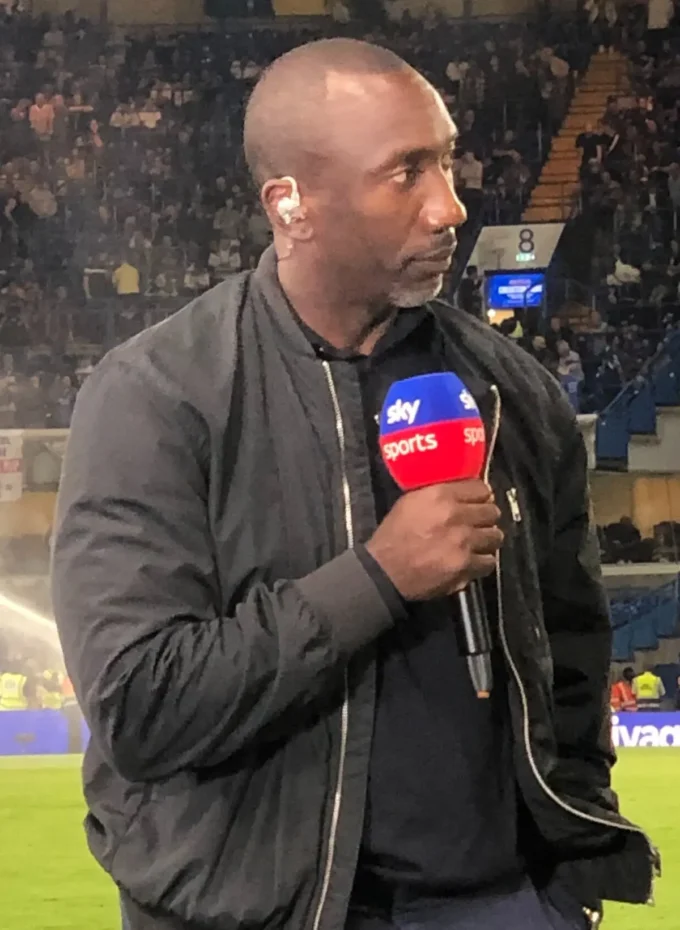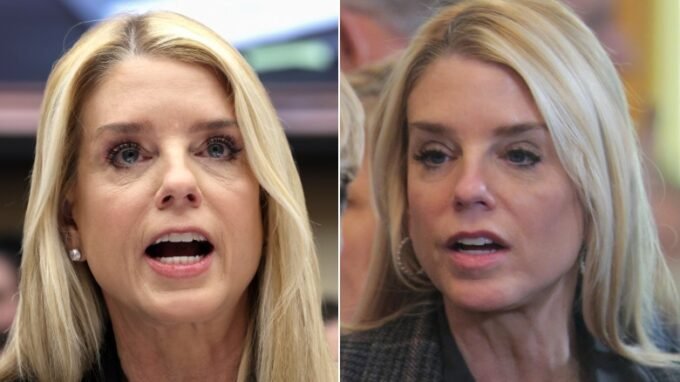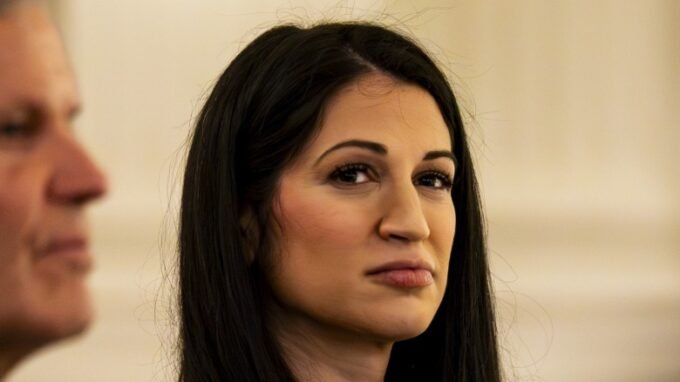In a bid to stave off a nationwide protest led by the Nigeria Labour Congress (NLC), the federal government is scheduled to hold a critical meeting on Monday to address concerns regarding a controversial 50 percent increase in telecommunications tariffs. This development comes just a day before the NLC’s planned mass demonstration, igniting a flurry of discussions about the implications of such a hike on everyday Nigerians.
Urgent Meeting Scheduled
Sources close to the situation reveal that the meeting will take place at 5 p.m. on Monday. The session is expected to be attended by high-ranking officials, including the Secretary to the Government of the Federation (SGF), who will engage in discussions considered vital for addressing the growing discontent among the workforce regarding the newly approved telecommunications tariffs. The crux of the meeting hinges on the NLC’s vehement opposition to the recent adjustments made by the Nigerian Communications Commission (NCC).
The urgency of this meeting underscores the government’s recognition of the potential unrest that could ensue should the protest proceed as planned on Tuesday, February 4. Last week, NLC General Secretary Emma Ugboaja urged affiliates and state councils to rally widespread support against the tariff hike, emphasizing the need for a unified response from Nigerian citizens.
Also read: Nigerians’ Paradox: Supporting Corruption While Condemning It, Says EFCC Chairman
Growing Discontent Among Citizens
The increase in telecommunications tariffs, which was approved on January 20, 2025, has triggered intense backlash from numerous stakeholders, primarily telecom subscribers. Under the leadership of Adeolu Ogunbanjo, the National Association of Telecoms Subscribers is preparing to challenge the government’s decision in court, illustrating a strong commitment to fighting back against what they perceive as unjust hikes in service costs.
Ogunbanjo articulated that if the government insists on raising tariffs, a cap of no more than 10 percent should be considered, given the already substantial economic difficulties faced by many Nigerians. His comments reflect a broader sentiment of frustration felt by countless citizens grappling with inflation and rising living costs.
The backlash isn’t limited to organized labor or consumer groups; digital economy stakeholders are also weighing in. Bosun Tijani, Minister of Communications and Digital Economy, has attributed the steep increase directly to global inflationary pressures. His assertion highlights the complex interplay of domestic and international economic factors that significantly influence service pricing, a point that could shape the discourse in Monday’s meeting.
Implications of the Tariff Hike
Should the protest go ahead, it could mark a significant turning point in the ongoing dialogue between the government, labor unions, and telecom service providers. The NLC has positioned this protest not just as a stand against the tariffs, but as a broader movement advocating for the rights of workers and consumers alike. A successful mobilization might galvanize other sectors to join the cause, amplifying calls for governmental accountability in telecommunications pricing.
Telecommunications services are a necessity for millions of Nigerians, affecting everything from business operations to personal communications. The proposed tariff increase could deter economic engagement, especially among lower-income populations who rely heavily on affordable communication services. As such, the government must tread carefully; failing to address the concerns raised by the NLC and other stakeholders could exacerbate existing economic disparities.
As Monday’s meeting approaches, both the government and the NLC are under pressure to find common ground. The outcome remains pivotal not only for the immediate situation regarding telecom tariffs, but also for the broader relationship between the federal government and organized labor in Nigeria. Should the federal government respond constructively, it may be able to mitigate widespread dissatisfaction and forestall potential unrest.
With sentiments mounting on both sides, the next 24 hours promise to be crucial in determining the fate of Nigeria’s telecom tariffs and the ensuing public response.


![When Two Pregnancies Collided: My Story — Omo Local’s Truth 2 How me and my best friend got pregnant for my husband – Actress Omo Local [VIDEO]](https://wowplus.net/wp-content/uploads/2026/03/how-me-and-my-best-friend-got-pregnant-for-my-husband-actress-omo-local-video-680x1020.jpg)
![Why Older Partners Sometimes Make Life Easier 3 Older men allow you get away with a lot of things – Joke Silva [VIDEO]](https://wowplus.net/wp-content/uploads/2026/03/older-men-allow-you-get-away-with-a-lot-of-things-joke-silva-video-680x384.jpg)
![Seyi Law Backtracks on “Safer” Nigeria Comment 4 Seyi Law makes U-turn, apologizes for saying Nigeria is safer than 10 years ago [Video]](https://wowplus.net/wp-content/uploads/2026/02/seyi-law-makes-u-turn-apologizes-for-saying-nigeria-is-safer-than-10-years-ago-video-680x680.jpg)
![“I’m Scared — VeryDarkMan Says Seyi Tinubu Threatened Him” 5 Seyi Tinubu is threatening my life – VeryDarkMan cries out [VIDEO]](https://wowplus.net/wp-content/uploads/2026/02/seyi-tinubu-is-threatening-my-life-verydarkman-cries-out-video-680x408.jpg)



































Leave a comment